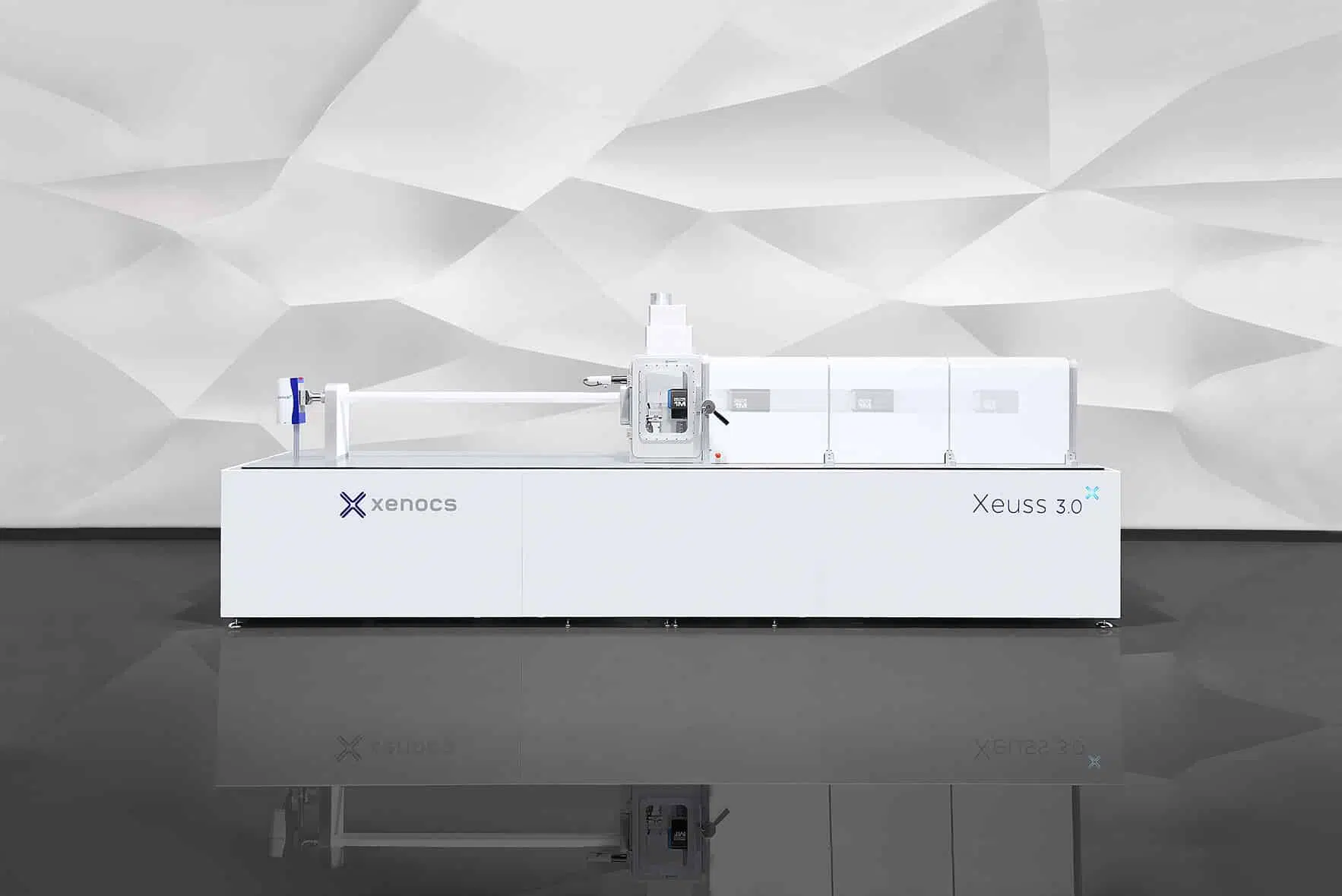Nanoscale, 2017, vol 10, 1, pp. 203-214
DOI:10.1039/C7NR06689A
Abstract
Although much effort has been dedicated to the development of efficient siRNA delivery for cancer therapy, delivery nanomaterials that can particularly respond to reactive oxygen species (ROS), which are overproduced in the tissue and mitochondria of cancer cells, are still rare for the clinical translation of RNA interference (RNAi)-based therapy. To this end, we developed a ROS-responsive boronic vehicle with a lipid envelope for systemic vascular endothelial growth factor (VEGF) siRNA delivery so as to improve RNAi cancer therapy. We found that the efficiency of siRNA delivery largely relied on the ROS responsiveness of the carrier we have developed to mediate timely siRNA release, the PEG-functionalized lipid layer to shield the surface charge of polyplexes as well as the ability of the phenylboronic moiety to stabilize siRNA. The unique carrier nanostructure provides the efficient systemic transportation of siRNA to the tumor site for effective knockdown of the VEGF, which resulted in a significant antiangiogenesis effect and the effective inhibition of tumor growth in vivo. The current study defines a new systemic delivery strategy for siRNA by cooperatively integrating multifunctional lipid coatings with the ROS-responsive boronic polymer, which may potentially benefit RNAi-based therapy in the dawning era of precision nanomedicine for cancer therapy.


































